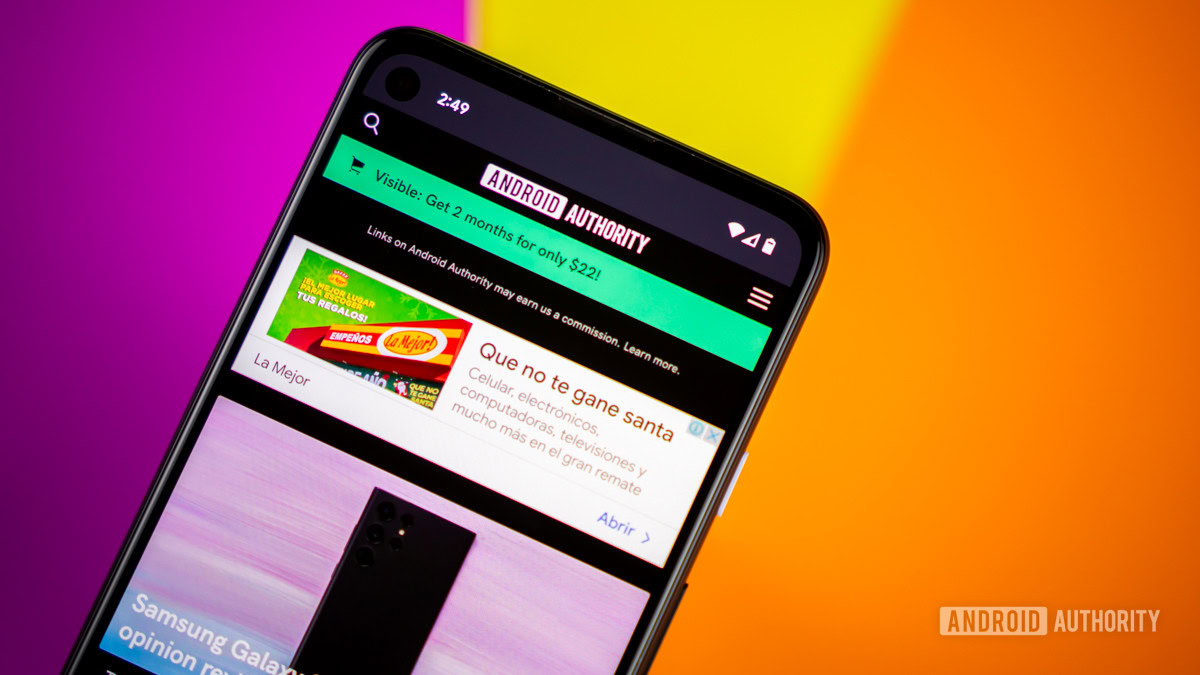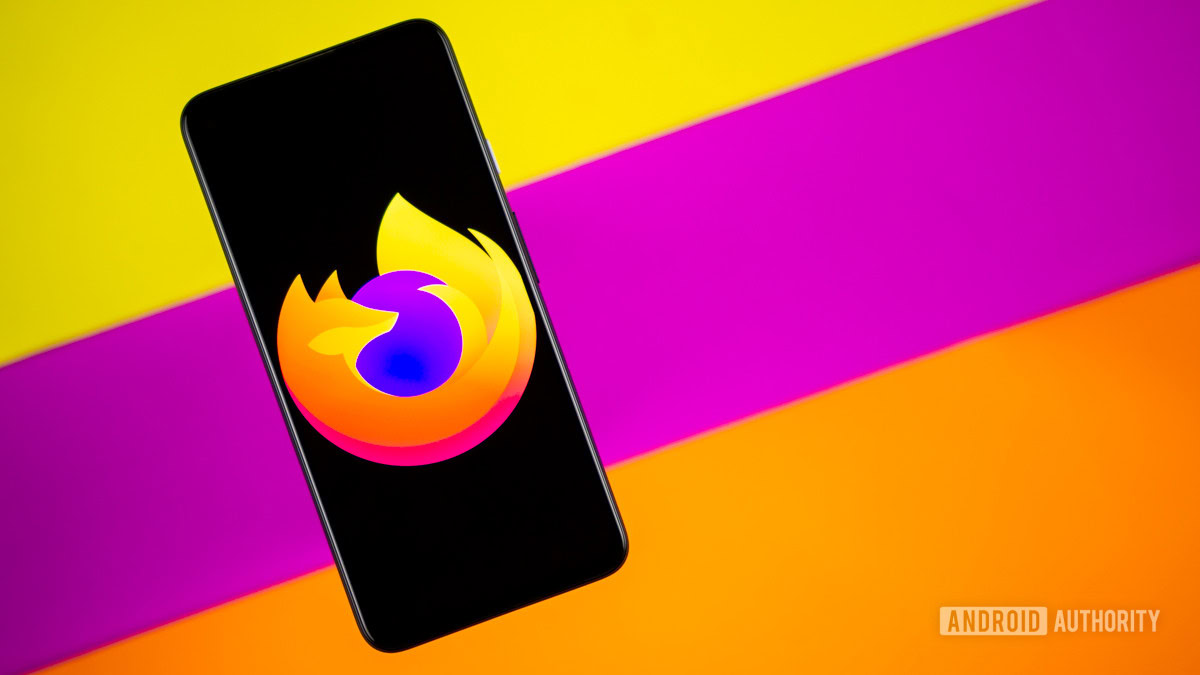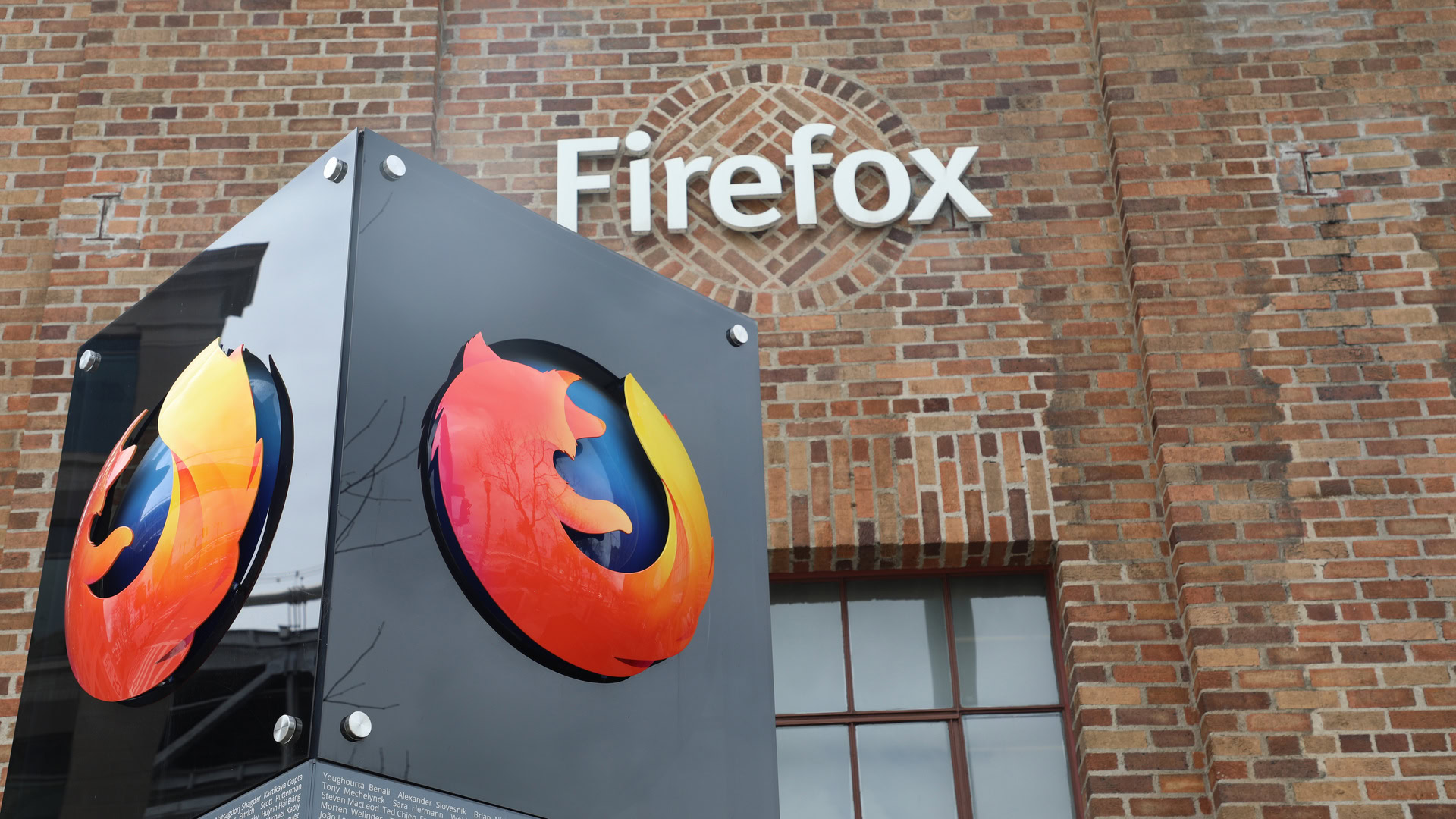
[ad_1]

The first Firefox build came out September 23rd

Edgar Cervantes / Android Authority
The reason Mozilla celebrates its birthday on November 9th is that Firefox version 1.0 came out on that date. Mozilla has blogs about it as well as tweets about it from various years. We guess that Mozilla wants version 1.0 to designate it as Firefox’s birthday, likely because it was a more important release. However, the version 0.1 release of Firefox, which was the first one, debuted on September 23rd, 2002.
We get why Mozilla celebrates November 9th as Firefox’s birthday, but we prefer the real one.
It was codenamed Pescadero, after a California town in San Mateo county. Fun fact, most of Firefox’s 1.0 and earlier builds were named after various towns around the world. Starting with version 2.0, the company switched to national parks before switching to birds after version 4.0. We’re up to version 105 right now, so we’re pretty sure they’ve changed it again since then.
Today marks the 20th anniversary of Firefox

Edgar Cervantes / Android Authority
In any case, today marks the 20th anniversary of the first release of Firefox. We would launch into a retrospective of the popular browser, but with 105 versions of it to cover across multiple platforms, it would take all day to write it out. So, in the interest of space, here are some Firefox fun facts:
- Mozilla started in 1998 when Netscape released its source code. Netscape versions 6 and 7 were built on Mozilla’s Application Suite, with Netscape 8 being based on Firefox directly. Netscape’s browser would remain based on Firefox until its demise in 2008.
- The first version of the Firefox browser was launched on September 23rd, 2002, exactly 20 years ago today. Firefox and Netscape competed in the same space for years with the same code base. It’s not too different from how Google Chrome and Microsoft Edge compete now with much of the same Chromium base.
- Firefox was at its most popular in 2009, when it had a 32.21% market share. By July 2009, it had surpassed one billion downloads and became the world’s most popular open-source software, a title it still holds today.
- In 2009, it also surpassed Internet Explorer 7 in popularity in Europe, marking the first time Internet Explorer had lost a major market to another browser since it won the browser wars. Chrome would beat them both just a few years later.
- It is still the fourth most popular browser behind Chrome, Safari, and Edge (in that order), with a 3.26% market share.
- It is entirely open-source and also not-for-profit, something the other top four browsers can’t boast. Some folks may bring up Chromium, but Chromium is the open-source code that Chrome is based on. Chrome itself is proprietary.
- Firefox was the first browser to include add-ons and themes.
- It was also the first browser to support 3D gaming inside of the browser. That is now standard across all major browsers.
- The name, Firefox, is derived from the nickname of the red panda. The red panda was Firefox’s earliest mascot, and Mozilla used to host a live page where you could watch red pandas on camera.
So, as you can see, Firefox has accomplished a lot of things in its first 20 years of life. Even though it’s not quite the popular powerhouse it once was, it’s still one of the most secure, privacy-focused browsers available in an era where people are becoming more aware of Internet privacy and security.
Is Firefox’s future less certain?

Firefox should continue as normal for the time being. Mozilla has stated that it has no plans to phase out Firefox at this time and that Firefox is its main product. Still, it’s tough to ignore the bad news. Firefox’s market share has been declining for years as most have shifted over to Google Chrome.
Firefox is hanging on by a thread, but its values that privacy and security be fundamental and not optional is as important as ever.
We’re not sure about the future of Firefox. Chromium powers two of the top three browsers in the world with Chrome and Edge. They account for about 75% of all browser traffic right now. We’re not going to lie, it looks bleak, and we don’t know what Firefox would have to do in order to gain back some market share.
That said, I am a faithful Firefox user, and I’ll continue to use it until the Android Authority site admins tell me that I can’t anymore. Hopefully, that’s a long way off. Here’s to 20 years, Firefox, and here’s hoping that you’re still around in 20 more.
[ad_2]